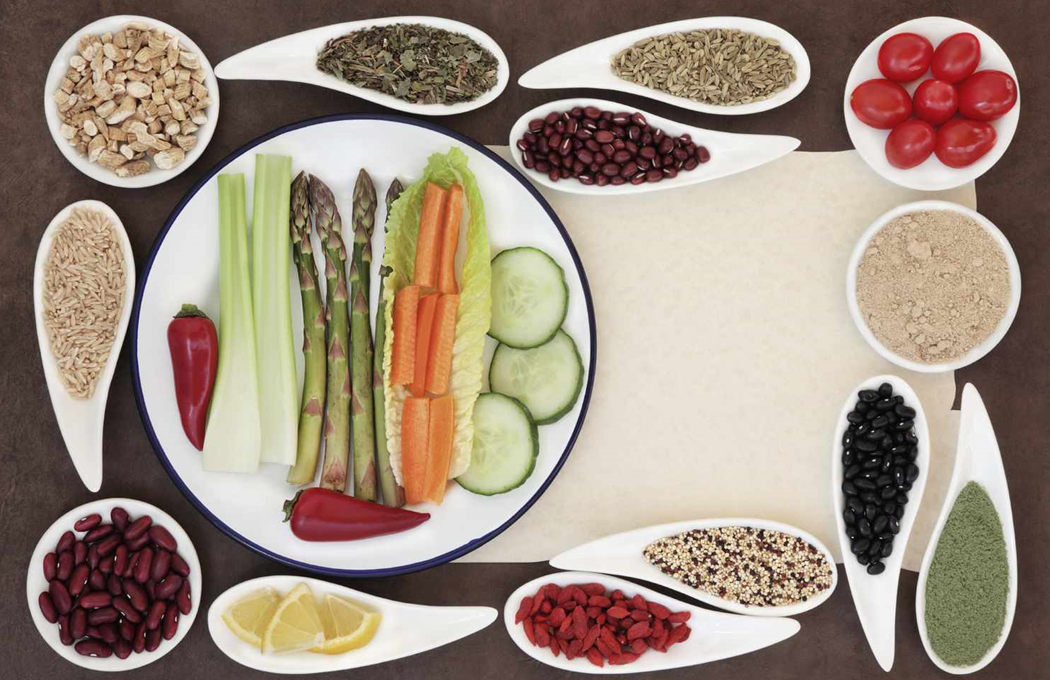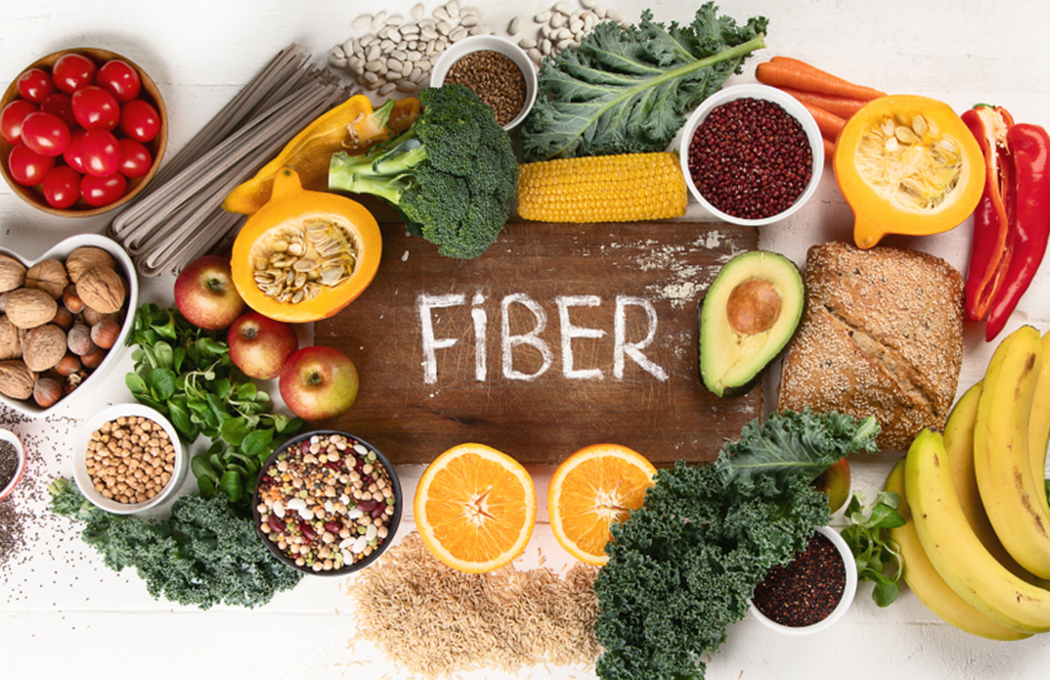Fiber helps to regulate the body’s digestion by promoting regularity in bowel movements and decreasing constipation. It also helps slow the absorption rate of carbohydrates, which can help to keep blood sugar levels from spiking after meals. This can be especially beneficial for people with diabetes or pre-diabetes. High-fiber foods have also been linked to lower cholesterol levels due to their ability to bind bile acids in the intestine before they can be reabsorbed into the bloodstream.
Eating plenty of fiber can also aid in weight loss and maintenance by helping you feel fuller for longer periods of time after eating. Fiber takes up more space than other food components like fat or carbohydrates but has fewer calories per gram, meaning you get more bang for your buck when it comes to feeling full without consuming too many calories at once.

Incorporating adequate dietary fiber into your daily routine is fairly simple and requires only small changes in behavior or lifestyle habits. Increasing your intake doesn’t necessarily mean drastically changing what types of foods you eat simply means adding more whole grains, fruits, vegetables, legumes, nuts, and seeds into your diet on a regular basis while avoiding processed foods whenever possible. Furthermore, it is important to stay hydrated throughout the day as water aids proper functioning within the digestive system as well as being necessary for fiber metabolism within the body itself!
In conclusion, making small changes now will ensure that you reap all of the benefits that come with having an adequate amount of dietary fiber in your diet over time! So make sure that you are getting enough today so that tomorrow you will enjoy all that this nutrient has to offer!

